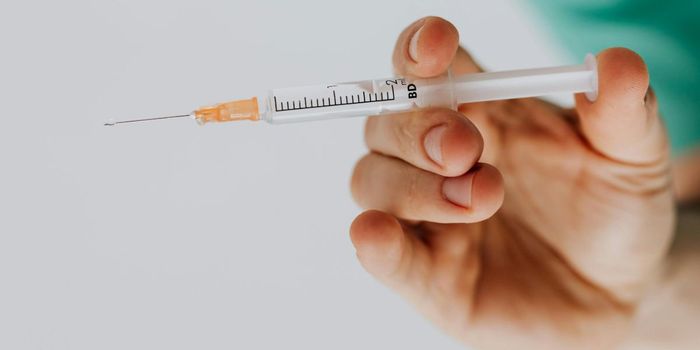Second COVID Boosters Not Recommended for All Adults
In previous studies in Israel, vaccine-induced COVID immunity was reported to decrease as early as three months after first boosters in some cases. With Omicron's peak last January and a new rise in COVID cases in New York due to an Omicron subvariant, some are wondering, with immunity waning, are second boosters an option?
Short answer: No, not unless you are elderly or immunocompromised, according to the CDC's updated guidance. Why the change from November when the CDC recommended first boosters for all adult Americans in preparation for Omicron's arrival? According to Fortune magazine, these recommendations coincide with COVID funding stalls in Congress, suggesting the CDC may be rationing vaccines in anticipation of a dwindling supply.
What's more, it's not certain if the benefit of a second booster outweighs the risk. Keri Althoff, an epidemiologist at the Johns Hopkins Bloomberg School of Public Health, states "We don't want to recommend anything that isn't going to confer more benefit than potential harm. Although mRNA vaccines have an incredible safety profile, we still want to make sure that these vaccines are working effectively to keep people out of the hospital or protect people from death. Even better, we need to make sure these vaccines are still doing it as the virus changes."
According to The Washington Post, perhaps due to waning immunity and immune evasion of the viral strain, nearly half of the people who died from COVID during the Omicron outbreak between January and February were vaccinated.
Dr. Marcus Pereira, an infectious disease expert and assistant professor of medicine at Columbia University Vagelos College of Physicians and Surgeons states that the current circulating subvariant is better at evading immunity and that a fourth booster does not seem to be very beneficial when it comes to more severe outcomes in younger age groups.
In an April study from Israel in The New England Journal of Medicine, a first booster was found to reduce the percentage of people who developed Omicron by 25%. A second booster reduced this percentage by only 20%. And boosted individuals were still suspected to be infectious since they carried high viral loads despite having minimal symptoms of disease.
COVID researcher Arijit Chakravarty reiterates that vaccines are not a quick fix. Antibodies against the original Wuhan strain induced by vaccines are losing their effectiveness against new strains as a part of viral evolution. "Get the second booster or don't – but either way, six months down the road, we're all in the same bucket again, more or less."
Sources: Fortune, The Washington Post, NBC Boston, CDC, NEJM

![Everything You Need To Know About NGS [eBook]](https://d3bkbkx82g74b8.cloudfront.net/eyJidWNrZXQiOiJsYWJyb290cy1pbWFnZXMiLCJrZXkiOiJjb250ZW50X2FydGljbGVfcHJvZmlsZV9pbWFnZV9mNTM1ZjIyYzA5MDE5ZmNmMWU5NmI0ZDc4NWU2MzdiZTZlN2I5ZDk5XzE4NDUuanBnIiwiZWRpdHMiOnsidG9Gb3JtYXQiOiJqcGciLCJyZXNpemUiOnsid2lkdGgiOjcwMCwiaGVpZ2h0IjozNTAsImZpdCI6ImNvdmVyIiwicG9zaXRpb24iOiJjZW50ZXIiLCJiYWNrZ3JvdW5kIjoiI2ZmZiJ9LCJmbGF0dGVuIjp7ImJhY2tncm91bmQiOiIjZmZmIn19fQ==)






